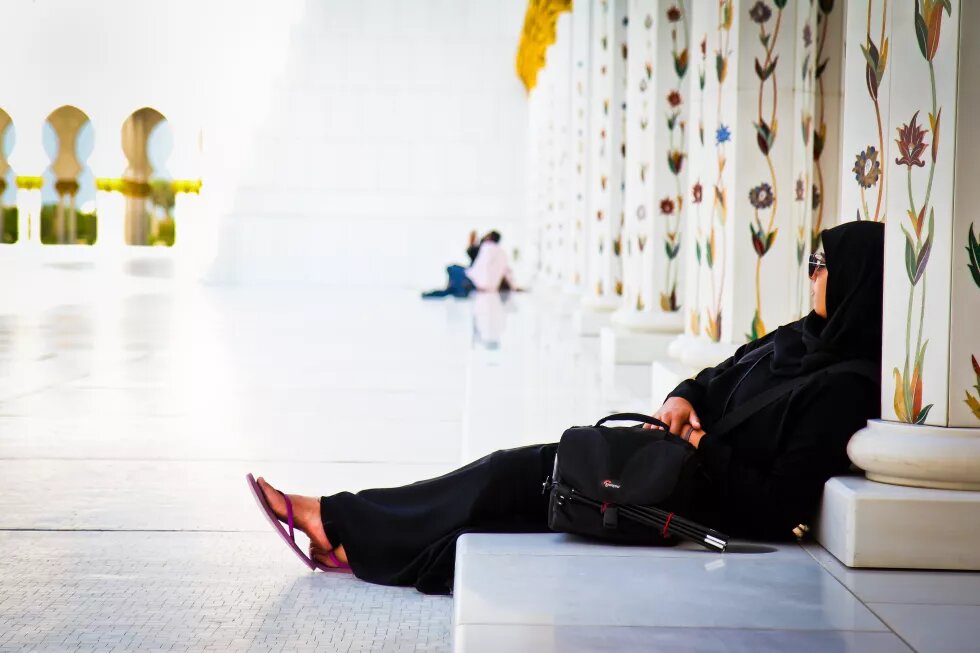
The pillars of Muslim conservativism in Germany are the mosque communities and the Islamic associations. These groups reject hermeneutic approaches to the Qur’an and the historical contextualisation of Qur’anic verses, such as those that have been discussed at the newly created Islamic theological institutes at several German universities, on the grounds that such readings of the holy text are heretical. As a result, any attempts to modernise Islam are stymied at the outset. For the most part, female members of such mosque communities or associations do not feel they should interfere in such matters, or they deny that there is anything about the sources and their predominant (conservative) interpretation that is problematic.
This sort of tabooing of issues concerning gender justice in Islam is not new and has been common with regard to forced marriage or honour killings, issues affecting Muslim women that were scandalised by prominent intellectuals such as Seran Ates, Necla Kelek, and Mina Ahadi. Such critique is resolutely rejected as an attack on German Muslims and often equated with racism or Islamophobia, while discrimination is asserted to exist only against Muslims, especially against head-scarf wearing Muslim women.
For many Muslim women, however, loyalty to the status quo presents something of a dilemma. For in their personal relationships and private lives they do de facto strive for equality between the sexes, such as when they wish their husbands to take on part of the housework, or when they strive for a more active role in religious rituals. One way out of this dilemma is to reconcile the conflict between the defence of a collective Muslim identity and individual desires by looking to the Prophet Muhammad, whom women have come to see as something akin to the first male feminist.
Women’s demands for greater participation and a more active role in religious matters has resulted in the establishment of women’s rooms in a few of the newly built mosques for praying and congregating. Moreover, women are beginning to reflect more on their situations as women and are becoming more assertive with regards to their interests. This is particularly the case in modernist mosque communities, which have been heavily impacted by Salafi debates. In these mosques a disproportionate number of women regularly attends so-called women’s breakfasts, which are in part publically sponsored by the municipality. They also attend lectures on religious and non-religious topics of practical relevance and go there to attend Friday prayers. In interviews these women emphasised that they are acting in accordance with the Prophet’s dictum that every Muslim should strive for knowledge, even if she must go to China to do so. They read the Qur’an together and discuss the traditions, usually under the guidance of a woman deemed competent in scriptural matters. Nonetheless women still play only a marginal role in the mosque communities. They must enter the mosque through the back door, may only watch the Khutba in a separate room on television screens and do not take on leadership positions (apart from those in the women’s organisations). This gender segregation, however, is not questioned. Nor do any of the women question that they carry the burden of responsibility for preventing men from succumbing to sexual temptation. Moreover, women are the ones who are expected to protect the family’s honour by being modest, marrying within their kinship group and ensuring their daughters are not seduced by a secular gender order. Such are the limits of tradition and religion at which emancipatory demands usually end.